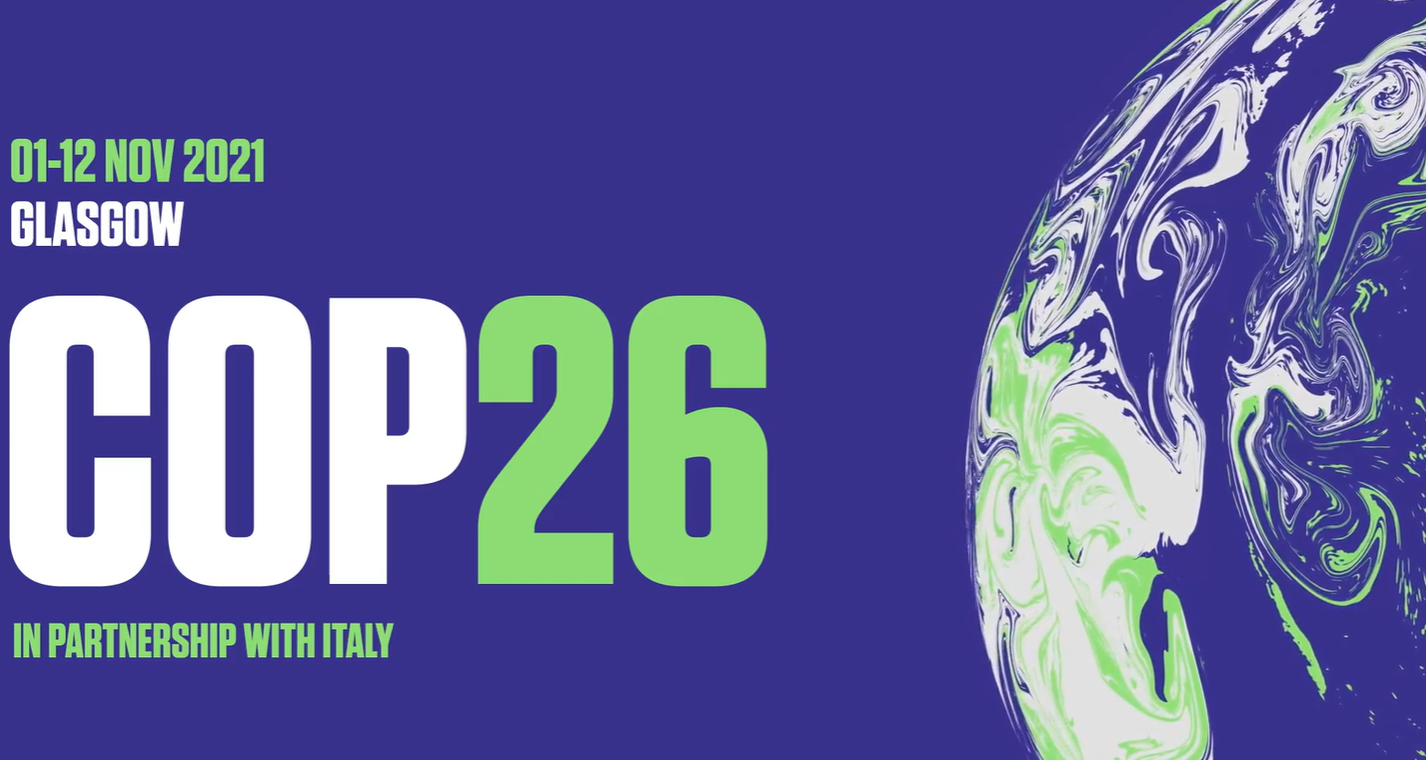As a course of decreasing carbon emissions to minimize the profound change in climate change, worldwide, many countries have adopted net-zero carbon emissions targets. But India thinks otherwise.
According to India’s federal environment minister, the solution to climate change is not setting net-zero carbon emissions targets, which dozens of nations have already done.
Bhupender Yadav is claiming, instead of such solutions, all the rich countries who are mainly behind this havoc must acknowledge their “historical responsibility” for carbon emissions and protect the interests of developing nations and those vulnerable to climate change.
Hence, India is in the third position as the world’s largest emitter of greenhouse gases after China and the US. The country has committed to “being part of the solution” at the upcoming United Nations climate summit Glasgow, Mr. Yadav stated.
India is one of the few countries on course to reach its targets for curbing the release of greenhouse gases and carbon. With the Cop26 climate summit happening soon, the world’s second-largest coal user, India, has committed to being on track and meeting emissions reduction targets.
India has confirmed cutting the emissions intensity of its GDP by 33%-35% by 2030 from 2005 levels, achieving a 24% reduction by 2016. But an UN-backed report published Tuesday said the country had “significant room” for more ambitious goals, which it has yet to provide to the UN climate agency.
Although India is now a top emitter of greenhouse gases, it has historically contributed only 4% of total emissions since the 1850s. Gupta said that “net zero in itself isn’t a solution,” since cumulative emissions were the cause of the climate problem.
He said, ‘All the countries need to focus on how much carbon is put in the atmosphere while getting to that goal. Developing nations need space to grow and assistance, and without it, they are faced with a choice of compromising on development or relying on dirty fuels.’
When asked about newer targets, Rameshwar Prasad Gupta, India’s top environmental official, said that “all options were still on the table,” so they’re still thinking if any changes happen.
The cost of meeting the targets is estimated to be $2.5tn, as told in the 2019 finance ministry document. Yadav stressed that India had reached its climate targets already without the promised financing from wealthy nations.
Indian Prime Minister Narendra Modi will be attending a Group of 20 summit scheduled for this weekend in Rome, then the summit at Glasgow Cop26.

